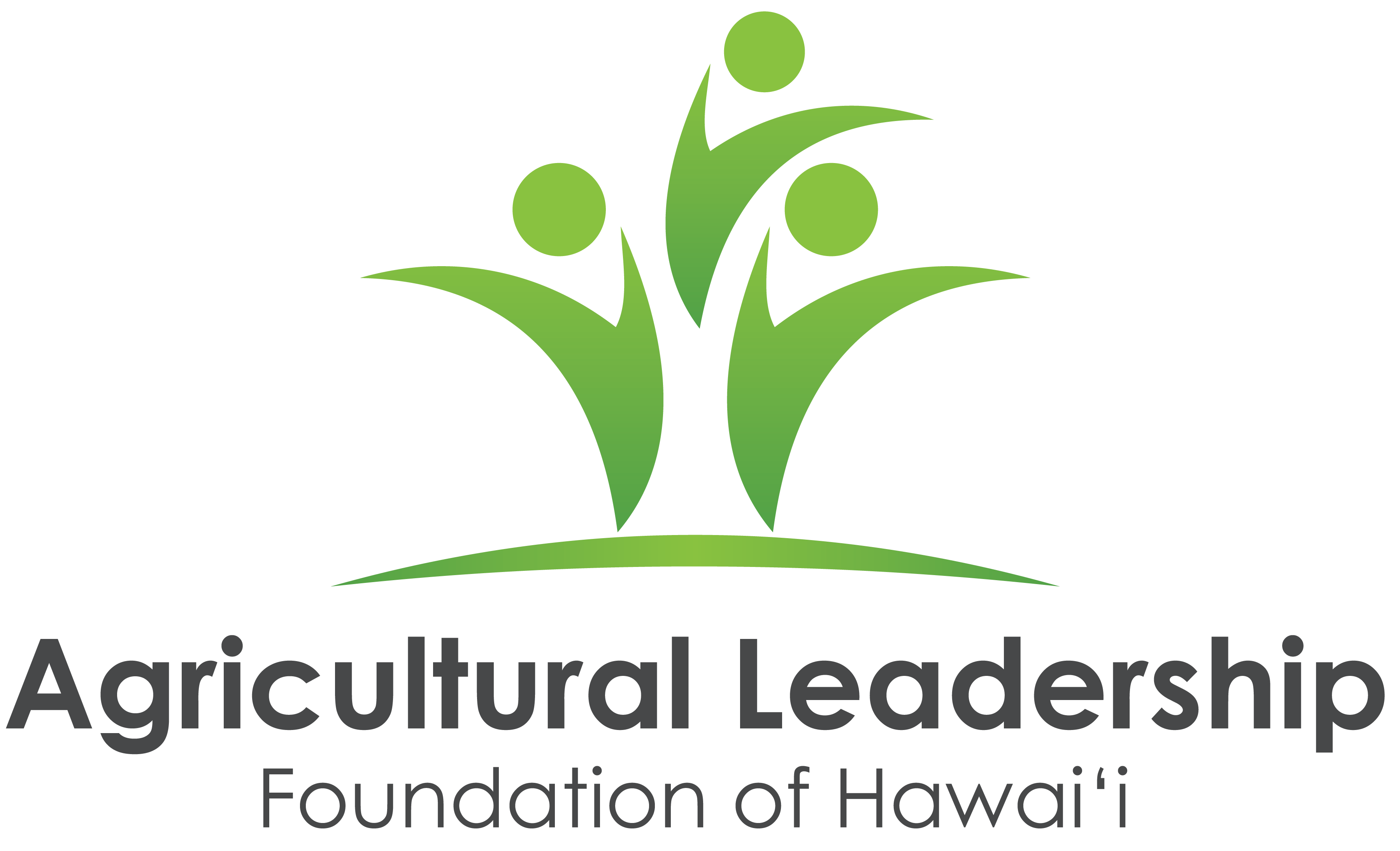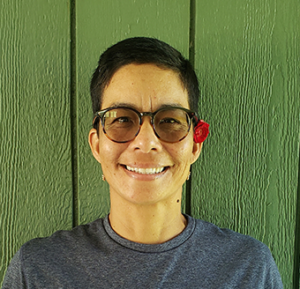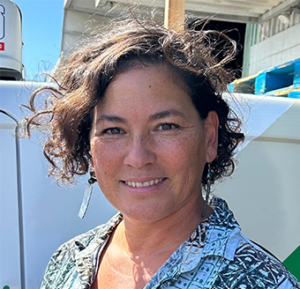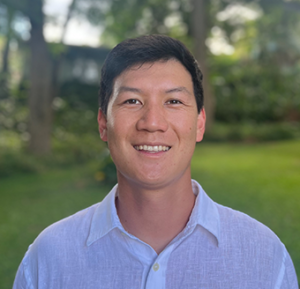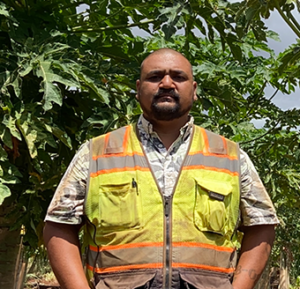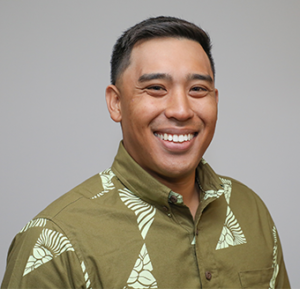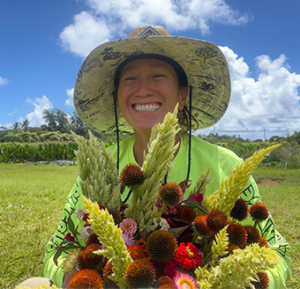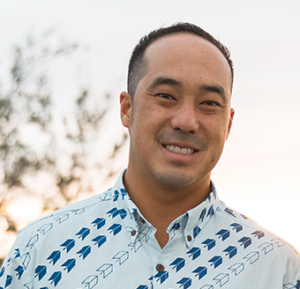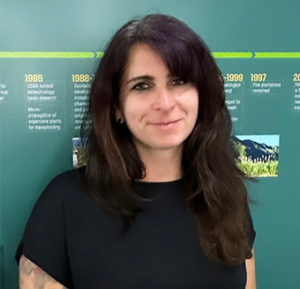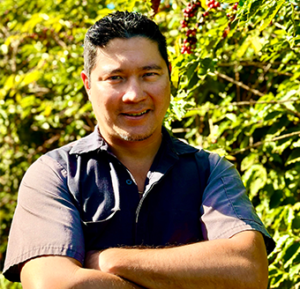On this day the ALP class XVI visited the Department of Agriculture Plant Quarantine office on O‘ahu island. Their main office is located in Kalihi Kai close to Sand Island, and it makes sense due to its proximity to the harbors and the international airport. During our site visit we learned about the history of the department and looked into the various cases with confiscated specimens preserved in alcohol or taxidermied.
Our day started with a presentation by our very own ALP class XVI cohort member Jonathan Ho, who is the acting manager of the HDOA Plant Quarantine Branch. Jonathan shared with us his background and how his department’s main goal is to prevent the introduction and spread of invasive species to Hawai‘i and from island to island. It is a very challenging task with only a handful of inspectors assigned on each island. Due to frequent budget cuts and lack of funding the number of inspectors can fluctuate year to year. Even Jonathan himself was let go twice before and was rehired. In between his employment Jonathan has taken up growing and breeding water lilies. Jonathan has an extensive water lily collection and he even offered to share specimens with class members.
The DOA’s plant quarantine program was started more than a hundred years ago when King David Kalākaua decreed that in order to protect the coffee industry in Hawai‘i, new coffee plants would not be allowed into the islands. The program also supported the interests of the sugar companies by preventing pests and pathogens from coming in from countries that suffered heavy losses from diseases in their sugar cane crops. In 1905, 14 snakes were seized and it then became the program’s responsibility to prevent non-domestic animals that could cause detrimental harm to Hawai‘i’s people and environment.
Jonathan has shared with us many stories like when a skunk was discovered in a shipping container and the Plant Quarantine branch had to figure out how to capture it. Sometimes people will drop off live animals in the amnesty box which is usually placed at the terminal exit of the airports. Jonathan said that an inspector once found a live snake in the box and it wasn’t even in a cage or in a bag!
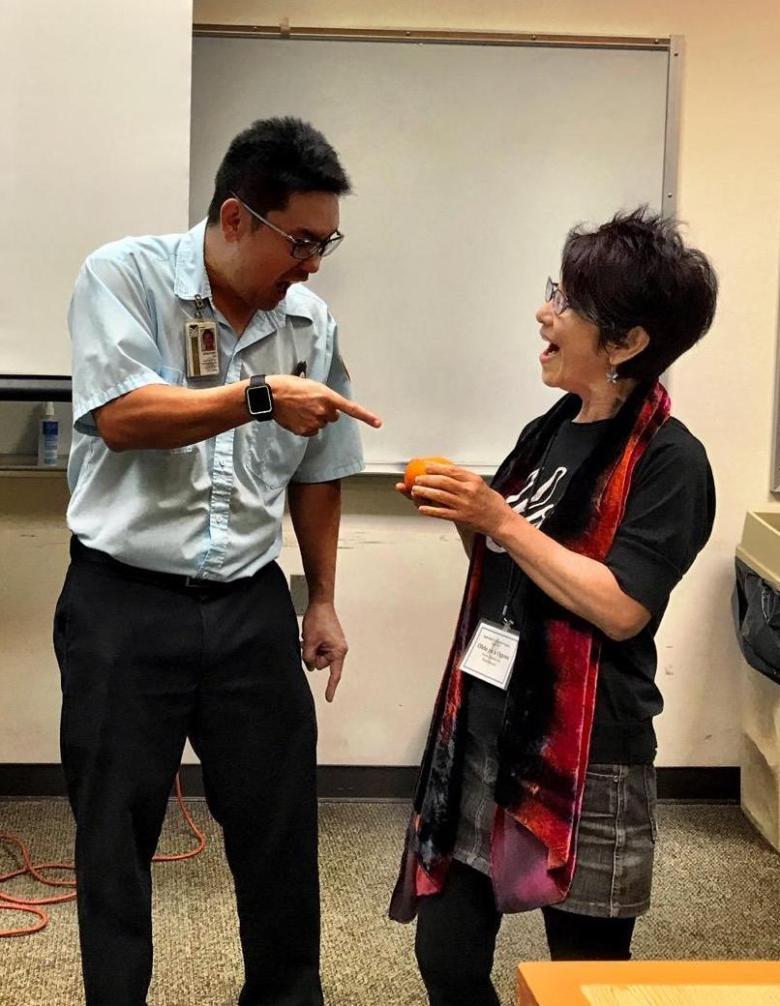
After lunch, Peter Adler provided the cohort with a training session about negotiation and leadership. We practiced our negotiating skills through role playing exercises and watching movie clips where the protagonists are negotiating successfully. We were all able to learn how important considering the other side’s needs and strategy is. Negotiating is juggling the dilemma between cooperation and competition, pragmatism and moral.
After Peter Adler’s training we continued to see more of the DOA Plant Quarantine facility and where the confiscated animals were kept. We learned that all animals retrieved by the department are kept alive to be eventually homed on the mainland or at the Honolulu Zoo. Most of the zoo’s reptile collection comes from this program. No animals are euthanized to encourage pet owners to turn in their illegal animals without worrying about what will happen to them. Jonathan also explained to us that at times children will bring their pets such as hamsters on their Hawai‘i vacation and the inspectors will have to hold them until they leave.
At the end of the day we all enjoyed a presentation by the canine inspector team. The canine detection program started in 1998. The dog handlers hid prohibited items, like tangerines, apples, and even a brown tree snake (dead and frozen) in cardboard boxes and we got to see how fast the search dogs found all of these items.
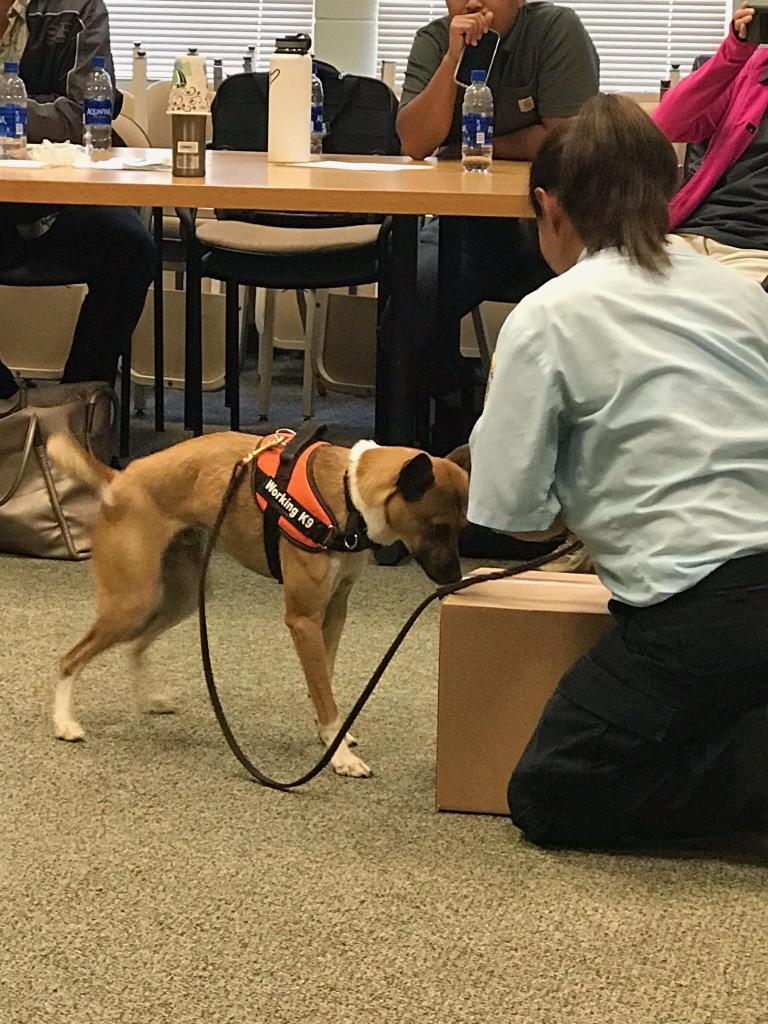
Recently the quarantine branch received heavy criticism from the public about importing live brown tree snake specimens for training their dogs. We learned that this was necessary due to the lack of snakes in Hawai‘i and the logistics of flying out canines and their trainers to another territory such as Guam would be costly and difficult for the dogs. The danger for Hawai‘i from the snakes is very low, because only sterile male snakes are imported.
Our cohort gained a better understanding of how the agricultural inspections work, their importance, and met some of the hardworking staff members. It is good to know that these agents work towards keeping invasive species out of Hawai‘i, to protect the people and the environment. We also learned what each one of us can do to protect Hawai‘i from invasive species. Please comment to share how you prevent the spread of invasive species.
